How can water scarcity be stopped? Without water, no life! Even today, some 2.1 billion people around the world have no access to clean drinking water.₁ Our resource-wasting way of life and the resulting Climate Change are mainly responsible for the fact that this alarming figure continues to rise. Only very few of us can imagine what it is like to have very little or no water available. After all, we consume around 120 liters of water directly every day here and as much as 5200 liters indirectly₂ for our way of life - and are already feeling the consequences of this behavior ourselves through increasing and extreme periods of drought.
It is high time to do something about the Water Shortage in the world and stop living at the expense of other people and living beings. In this article, I would now like to introduce you to 10 tips that everyone can use to stop water scarcity. Let's go!
In advance you will find here a short Overview about the contribution:
- Reduce direct water consumption
- Minimize consumption of animal foods
- Prefer regional & seasonal food
- Buy organic food
- Be more conscious with clothes
- Drink tap water
- Start or sign petitions
- Stop deforestation and promote forest reforestation
- Support environmental organizations
- Basically live climate friendly
1. Reduce direct water consumption
We must learn to use water more sparingly. The best way to do that is to use less water directly in our everyday lives. Here are some tips for prompt implementation:
- Take a quick shower and turn off the faucet while soaping up.
- Turn off the faucet even when brushing your teeth.
- Collect dirty laundry and try to fill up the washing machine properly to save washing cycles and thus the consumption of water and energy.
- Capture rainwater and use it to water your garden.
- …
In the detailed article about the Saving water at home you will find many more tips! However, this is not really about saving water per se, but about solutions to the environmental problem of water scarcity that can be implemented in private everyday life. A problem that is mainly caused by the virtual, i.e. indirect, consumption of water (e.g. for the production of food or clothing) is caused for our way of life. We will now go into this in the following.
2. minimize consumption of animal foods
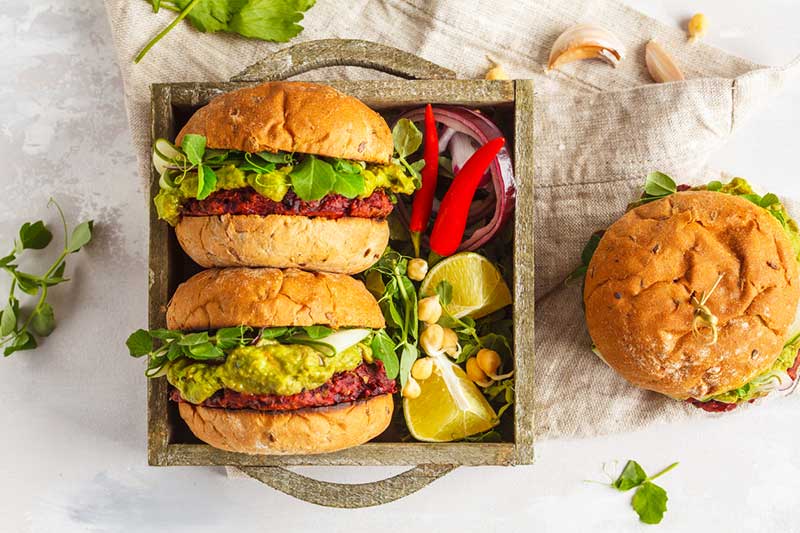
Around 27 percent of global freshwater consumption is attributable to the meat and dairy industries.₃ Only to a single kilogram of beef for example, for irrigation in the cultivation of animal feed, as well as for the animals themselves and barn cleaning more than 15,000 liters of water (!!) necessary.₄
If you eat a beef burger, you consume significantly more water behind the scenes via the "animal detour" than someone who treats themselves to a burger with a plant-based patty. If you want to do something about the water shortage in the world, you should accordingly reduce your own meat consumption. ecological - but of course also for ethical and health reasons. - and strive for a vegetarian or vegan lifestyle.
Further Reading:
- Start into vegan life
- Why live vegan?
- Factory farming - what is it?
- Become a vegetarian - This is how it works
3. prefer regional & seasonal foods
Cocoa, roasted coffee, beef, goat meat, butter, rice, and avocados. are among the foods with the highest water consumption. Above all, because their production requires cultivation in dry regions of the earth and thus an even higher use of water.
Also that today all food is ready in supermarkets at any time of the year, although they have a Natural season is a cause for concern. Firstly, because they are often accompanied by even higher water consumption. Moreover, off-season cultivation often takes place in greenhouses, which consume large amounts of energy and thus in turn accelerate climate change.
Our food should not come from the corners of the planet, where people are already suffering from drought, dryness and water shortage much more than we are. - certainly not all year round. By focusing on regional and seasonal goods, you ultimately help fight the global water crisis.
Further Reading:
4. buy organic food
The organic counterparts of the foods just criticized perform significantly better, but still consume enormous amounts of water. Switching to alternatives or consuming these foods much less frequently is recommended if you want to do something about water scarcity.
Basically, however, you should definitely Organic food from organic farming because no artificial fertilizers or pesticides are used in their production, and groundwater and nearby bodies of water are also less polluted.
5. be more conscious with clothes
The Fast Fashion Industry with its countless new trends and short-lived materials is not only a large consumer of water, but also a water waster. Countless toxins get into rivers and lakes in the process - and make clean drinking water undrinkable and toxic, for example through cotton cultivation or dyeing.
To counteract this, you should therefore rather opt for durable, sustainable quality goods, for example from Organic cotton, linen or hemp, set. Look for organic and fair trade labels, buy second-hand goods and recycle or exchange clothes that you no longer like.
More tips on how to be environmentally conscious with clothing and what to do at Slow Fashion I'll introduce you to it in the linked post!
6. drink tap water
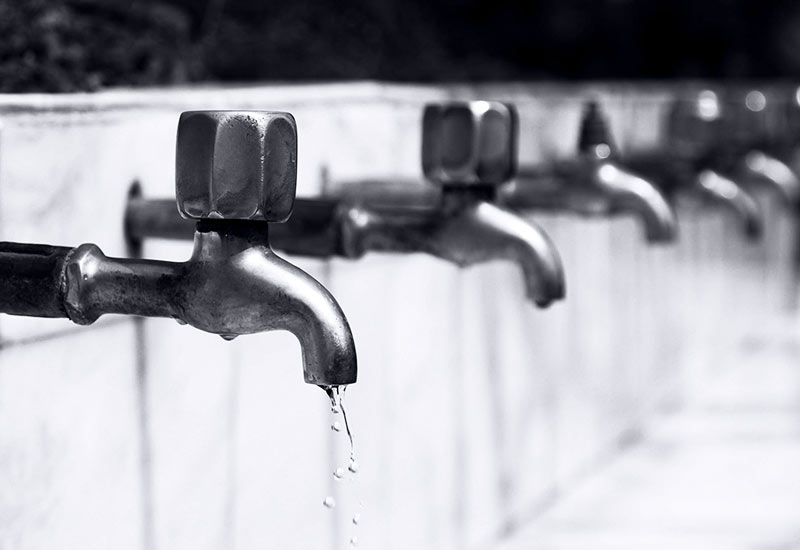
Also Tap water is a great regional product! It is hundreds of times cheaper than mineral water. The latter ensures a high quality due to the Privatization of water sources (see Nestlé review) also for the drying up of entire regions, such as in the French village of Vittel.₅
You can also learn more about this in the detailed article Tap water VS mineral water from plastic bottles.
7. start or sign petitions
You can stop global water scarcity not only by adopting a water-friendly lifestyle, but also by taking active steps in our society. For example, by Start online petitions or supported. Such digital signature collections can really carry away countless people and bring about change.
Here are two examples that you can also sign directly:
- Water for All! Implement human rights to water and sanitation now!
- Our drinking water belongs to us - not Coca-Cola
8. stop deforestation and promote afforestation of forests
Rainforests and forests in general store water through their solid root system and protect the soil from evaporation. Therefore we need to protect the Deforestation prevent and at the same time promote reforestation if we want to stop the problem of water scarcity.
The cultivation of soy destroys rainforest. This is mainly soy that ends up as animal feed. About 80 percent of the world's soy is fed to animals. 18 percent is processed into frying oil or biodiesel and only 2 percent is eaten by us humans.₆ However, the latter is mainly European organic soy from GMO-free agriculture, as genetically modified soy is not permitted in our country. Another reason, then, for a plant-based diet to counteract the lack of water.
You can support the reforestation of forests, for example, through your Support for environmental projects like Planet-For-The-Planet or also through the use of a sustainable search engine like Ecosia promote.
9. support environmental organizations
There are so many people in the world who have to walk many kilometers every day to fetch water for their families. But there are also great people who help them would like. On the one hand, those from human rights and environmental organizations - on the other hand, those who support them financially. Here are some organizations where your donations will reach the right people:
Do you know of any other organizations working to address global water scarcity? Then feel free to write me a comment!
10. basically live climate friendly
The evolution of climate change is a key contributor to whether or not we will fight wars over water in the future. The way we live now and the way we will live in the future will determinehow rapidly the earth is warming up and how frequently climate-related extreme weather how droughts will occur in the future. A climate-friendly lifestyle is the key to averting regular horror scenarios for everyone in the world. Every individual must make a contribution to this.
Driving less, flying less, ending meat consumption. For many, this may sound like doing without - but for all the climate-damaging behaviors there are also sustainable alternativesRail & Public Transport, Holidays in Germany and Europe, Vegetable meat alternatives soy- or pea-based - and so on. The world is changing for the better. Be a part of that change.
Continuing Contributions:
- Climate protection tips for everyday life
- Difference between weather and climate
- What are climate tipping points?
Stop water scarcity - Everyone can do something!
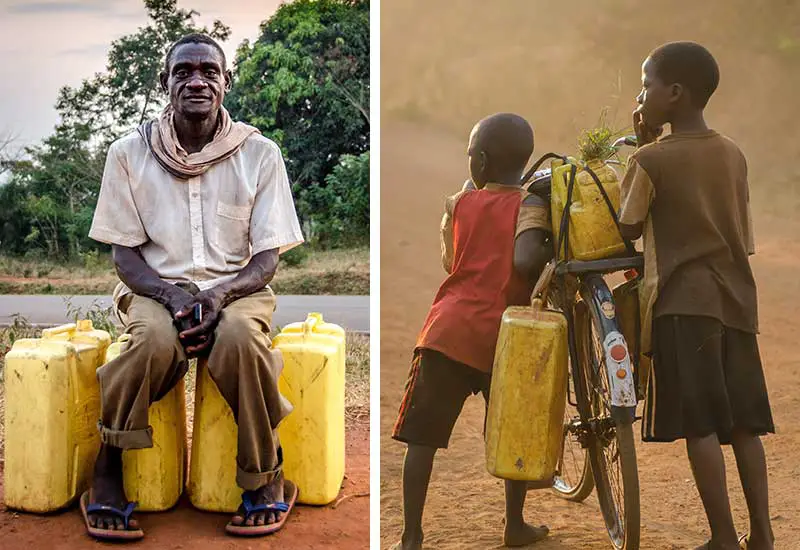
As you can see, the global water problem has much deeper causes than simply our showering behavior. It is our entire way of life that ensures that people in other parts of the world do not find drinkable water.
"When the well is dry, we know the worth of water."
Benjamin Franklin (see also Water Quotes)
I hope that with this post I have raised your awareness of one of the biggest societal or. ecological problems of our time could sharpen. Use the tips to reduce your water footprint and help solve the problem yourself every day.
Do you have questions or more ideas about what we can all do about water scarcity? Then I look forward to your comment!
Stay sustainable,

PS.: Also about the World Hunger I have written you a detailed article explaining how we can all use the stop global famine can. Have fun with the implementation and your personal development!
References:
₁ Tim Rohde; UNICEF: World Water Day 2021: 10 facts about water (as of Mar. 19, 2021), https://www.unicef.de/informieren/aktuelles/blog/weltwasserwoche-2018-zehn-fakten-ueber-wasser/172968 [Aug. 26, 2021].
₂ Philipp Wagnitz: 5 things you can do about the water crisis (as of 22.03.2016), https://blog.wwf.de/5-dinge-gegen-die-wasser-krise. [26.08.2021].
₃ Things Explained - In Brief: Meat - The World's Tastiest Evil, YouTube, Jan. 24, 2019, web, Aug. 26, 2021 at 08:32 AM, in: https://www.youtube.com/watch?v=y6f3dwxexZM.
₄ Federal Environment Agency (2017): Hidden water (as of 22.03.2017), available at https://t1p.de/ddfg. [07.05.2020].
₅ Verein MultiWatch: Nestlé in Vittel - Kampf ums Wasser, https://multiwatch.ch/fall/nestle-in-vittel-kampf-ums-wasser. [26.08.2021].
₆ Albert Schweitzer Stiftung für unsere Mitwelt: Why soy sausage does not harm the rainforest (as at: 01.06.2018). https://t1p.de/jzvz. [09.08.2019].

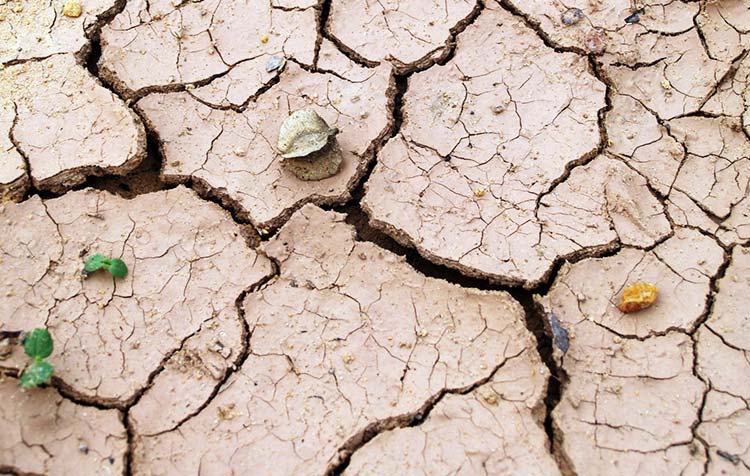

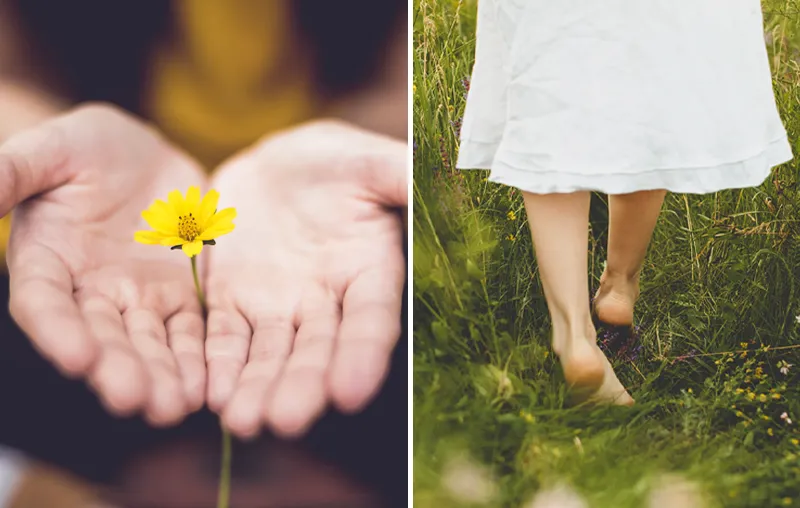



Hello, nice article! When it comes to direct savings, the dishwasher is still missing, but it should always be filled correctly. Washing up by hand requires a lot more water! In general, I think that indirect savings are more important. As a rule, we rarely have a problem with water shortages locally, at least not here in Hesse in the "countryside" 😉 ...
Comments are closed.